Third-party USB-C cables can wipe out your financial accounts before you know there's a problem

A tweet from Jon Bruner, who works for Lumafield, should be of interest to those using most Android phones or an iPhone 15 series model or later. Lumafield is in the business of taking industrial CT scans; just a few days ago Bruner revealed that when a USB-C connector was scanned, something "sinister" was discovered inside the cable. The CT scan discovered that the internal electronics of the cable had been tampered with.
The hackers added a Wi-Fi antenna to the USB-C cord and several chips were stacked on top of each other. With these features added, the USB-C cable has the ability to create some mischief giving hackers the ability to log your keystrokes and steal your passwords, communicate with an attacker over Wi-Fi, and gain complete access to your phone. Once that occurs, you might be in danger of having the attackers clean out your financial accounts.
According to the report, the person behind the attack can turn on or off the USB-C cable attack at will. It is very hard to discover that the cable you're using to charge your device is a malicious accessory. That's because the cable will continue to work as you would expect any USB-C cable to without giving away any clues or hints that there is something dangerous about using it.
This looks like an ordinary USB-C connector, but when we CT scan it, we find something sinister inside… pic.twitter.com/Q1RfpnS0Sp
— Jon Bruner (@JonBruner) December 4, 2024
There is a way to avoid these infected USB-C cables and it is a simple workaround. Simply stay away from using third-party USB-C cables and stick to the charging cables offered by phone manufacturers like Apple and Samsung. Safe USB cables are usually found inside the box when you buy a new phone. Don't forget that starting with last year's iPhone 15 series, Apple's iOS-powered smartphones also use USB-C cables and ports for charging and data transfers.
The cable examined by Lumafield was actually created by researcher Mike Grover who developed the O.MG cable for security purposes. The point is that someone can create a similar cable and leave it at a public charging station hoping that someone will use the cable and plug it into the USB-C port on their device. You might recall that last year the FBI warned the public not to charge their phones at public charging stations found in hotels, airports, and shopping centers. The FBI recommended that device owners carry their own cord and charger and use an electrical outlet instead. And that remains great advice that you should heed.

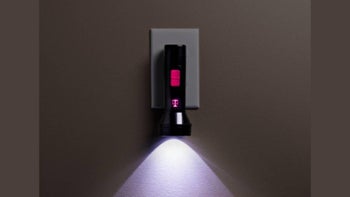

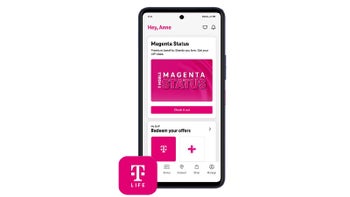
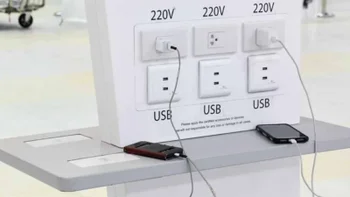
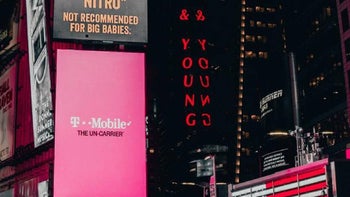



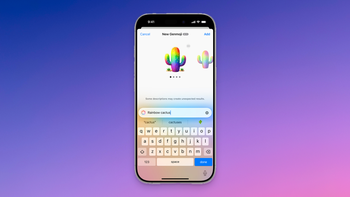
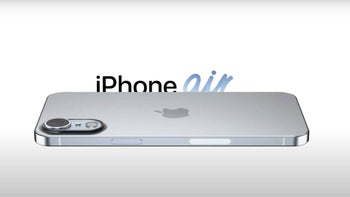
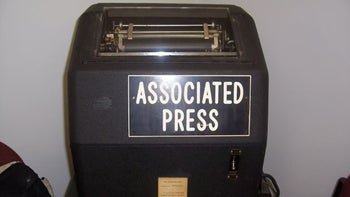
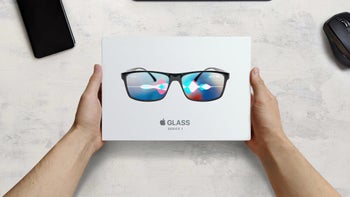
Things that are NOT allowed: